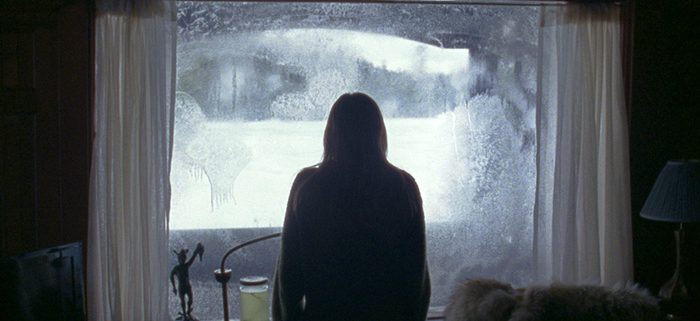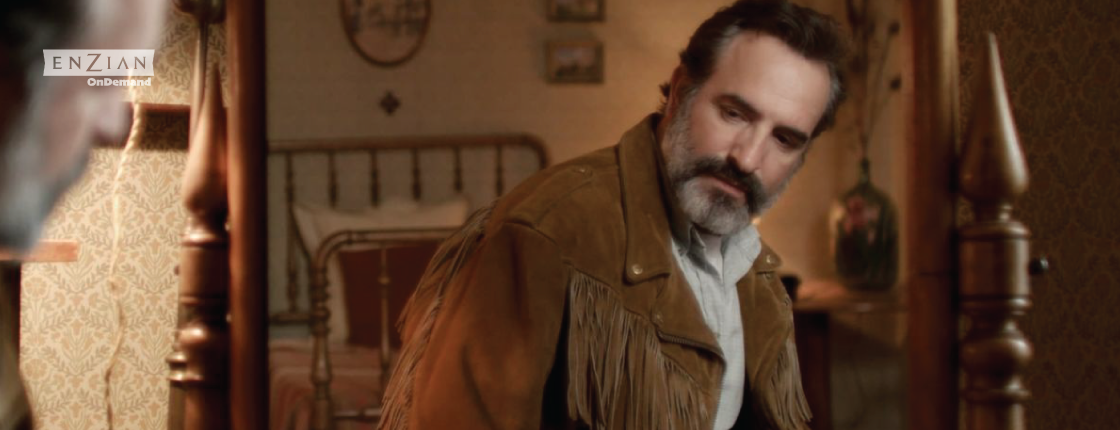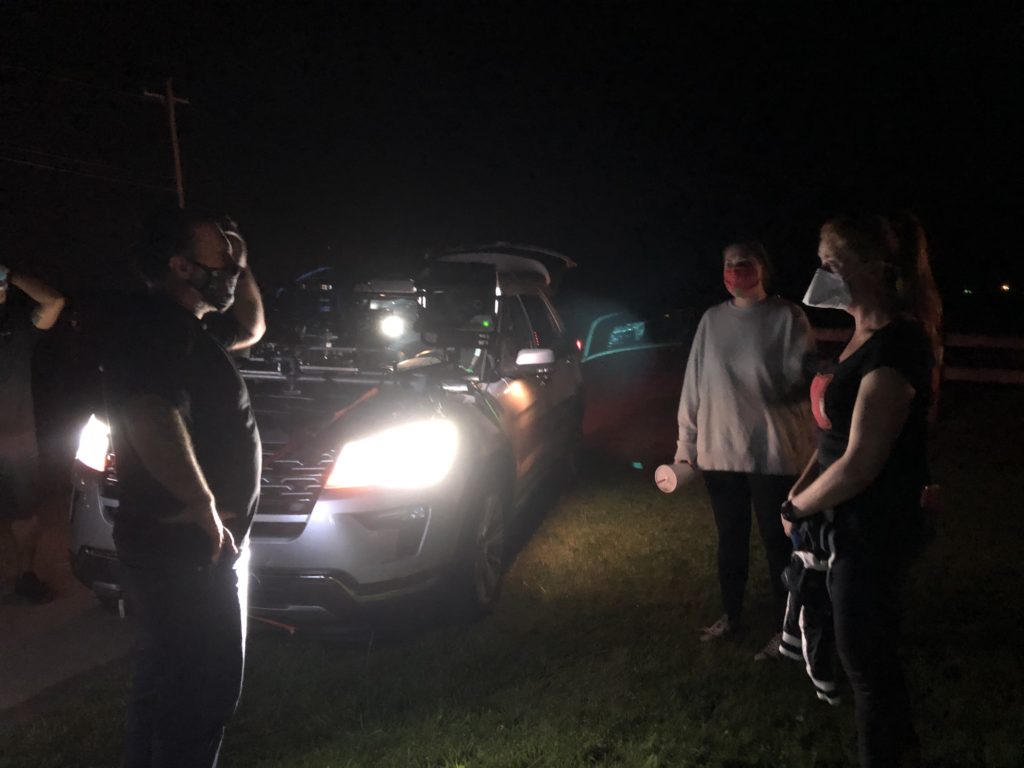Gay Chorus Deep South
by Brandon Thomas
On Tuesday, November 8, 2016, Donald Trump was elected president of the United States. Over the next few weeks and months, many Americans responded by organizing and protesting. The San Francisco Gay Men’s Chorus’s call to arms was quite different: tour the conservative American South. In the timely documentary Gay Chorus Deep South, director David Charles Rodrigues tackles the decades of discrimination, shame and emotion that led to this tour.
Choir director Tim Seelig has the best of intentions: he hopes to change hearts and minds with a tour of uncharted territory. Many of the choir’s members originally hail from the South, and they vividly remember the rejection and outright hate directed toward them. For these members, the tour is less about changing minds. This tour is about closing a chapter.
At times, Seelig and the choir wade directly into the belly of the beast. They appear on conservative talk radio. They meet with a church that ultimately doesn’t allow them to perform due to a newly-placed homophobic head pastor. Seelig expected these reactions, but it doesn’t soften the sting.
The pain of past experiences vividly pours off the screen—tales of humiliation at the hands of adults who should’ve been there for protection. Seelig himself was separated from his children and cast out of the church he gave so much to. The film’s strength is in its devotion to these individual stories.
Through the choir members, Rodrigues is able to immerse the film in Southern culture rather than look at it entirely as an outsider. Seelig knows how to shrewdly navigate not only the Southern world but the religious one, too. The discrimination during the tour isn’t blatant as one would expect but is instead wrapped subtly inside the veil of Southern hospitality. This hypocrisy is something Seelig expected and isn’t afraid to constructively call out.
While politics is squarely at the forefront, Gay Chorus Deep South isn’t interested in political proselytizing. The “fish out of water” aspect to the film is political enough without dozens of talking heads telling the audience how to feel. Rodrigues wisely lets the choir members naturally move the story along as they navigate a complex, and at times uncomfortable situation.
While the music and performances are as impressive and moving as you would expect, the real heart of Gay Chorus Deep South is in those personal stories. Song and dance are easy to sell, but building community inside a structure of fear and hate takes conversation and empathy.

















